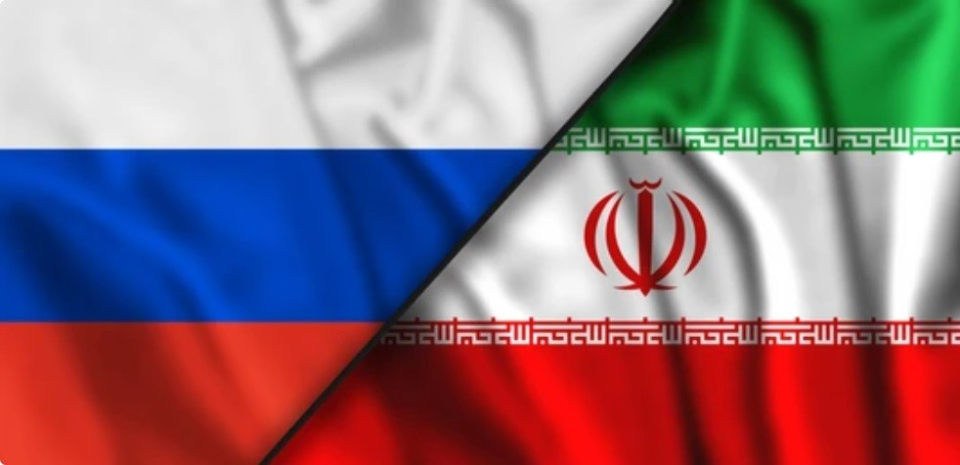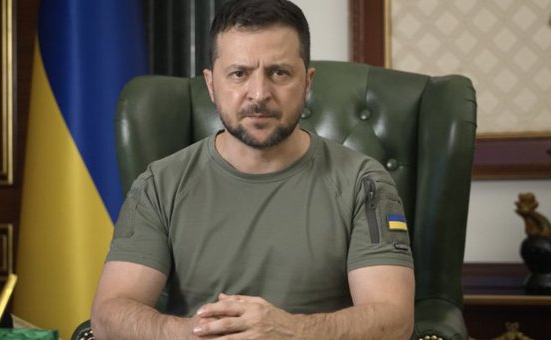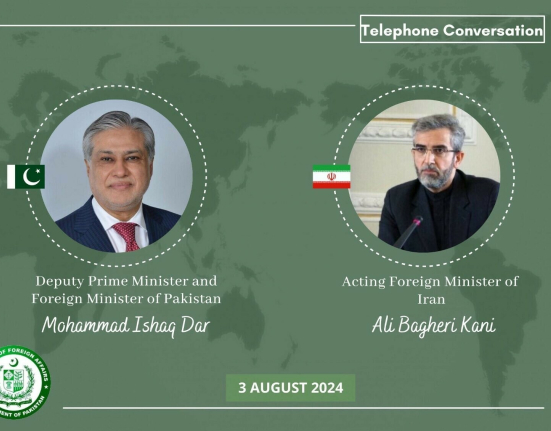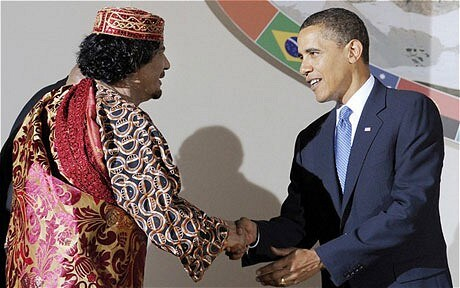Interim President Mohammad Mokhber emphasized the urgency for Iran and Russia to expedite the implementation of a comprehensive bilateral cooperation agreement during a meeting with Leonid Slutsky, Chairman of Russia's State Duma Committee on International Affairs, in Tehran on Saturday.
Mokhber highlighted that the mutual ties between Iran and Russia are grounded in enduring and sustainable interests. He pointed out that enhanced cooperation between the two nations has introduced a new dynamic in the regional equation. A key focus of the discussion was the completion of the International North-South Transport Corridor (INSTC), a project designed to significantly reduce transportation time and facilitate smoother movement of goods.
The INSTC, agreed upon in 2002 by Russia, Iran, and India, is a 7,200 km multi-mode network of ship, rail, and road routes for transporting freight across India, Iran, Afghanistan, Azerbaijan, Russia, Central Asia, and Europe. Mokhber reiterated Iran's readiness to advance the construction of the Rasht-Astara railway, a strategic segment of the INSTC that will connect existing rail networks between Iran, Azerbaijan, and Russia.
The 162-kilometer railway will link Rasht, an Iranian city near the Caspian Sea, to Astara on the Azerbaijani border. This project aims to integrate the transport and information routes of Russia, Azerbaijan, Iran, and India.
Slutsky affirmed Russia's commitment to strengthening cooperation with Iran and swiftly implementing previously agreed-upon deals. He also noted that Iran's recent membership in the BRICS group of emerging economies has significantly bolstered Tehran's relations with regional countries.
Iran officially joined BRICS at the beginning of 2024, shortly after its acceptance along with Argentina, Egypt, Ethiopia, the UAE, and Saudi Arabia. BRICS originally comprised Brazil, Russia, India, China, and South Africa, collectively representing around 40% of the global population and a quarter of the world’s GDP.
Iran's strategic relationship with Russia, described by Mokhber as founded on unchanging principles, remains a cornerstone of its foreign policy. In a recent phone conversation with Russian President Vladimir Putin, Mokhber emphasized the importance of fully implementing all bilateral agreements, particularly in trade, transit, and energy sectors, which are pivotal to the mutual ties between the two countries.

















